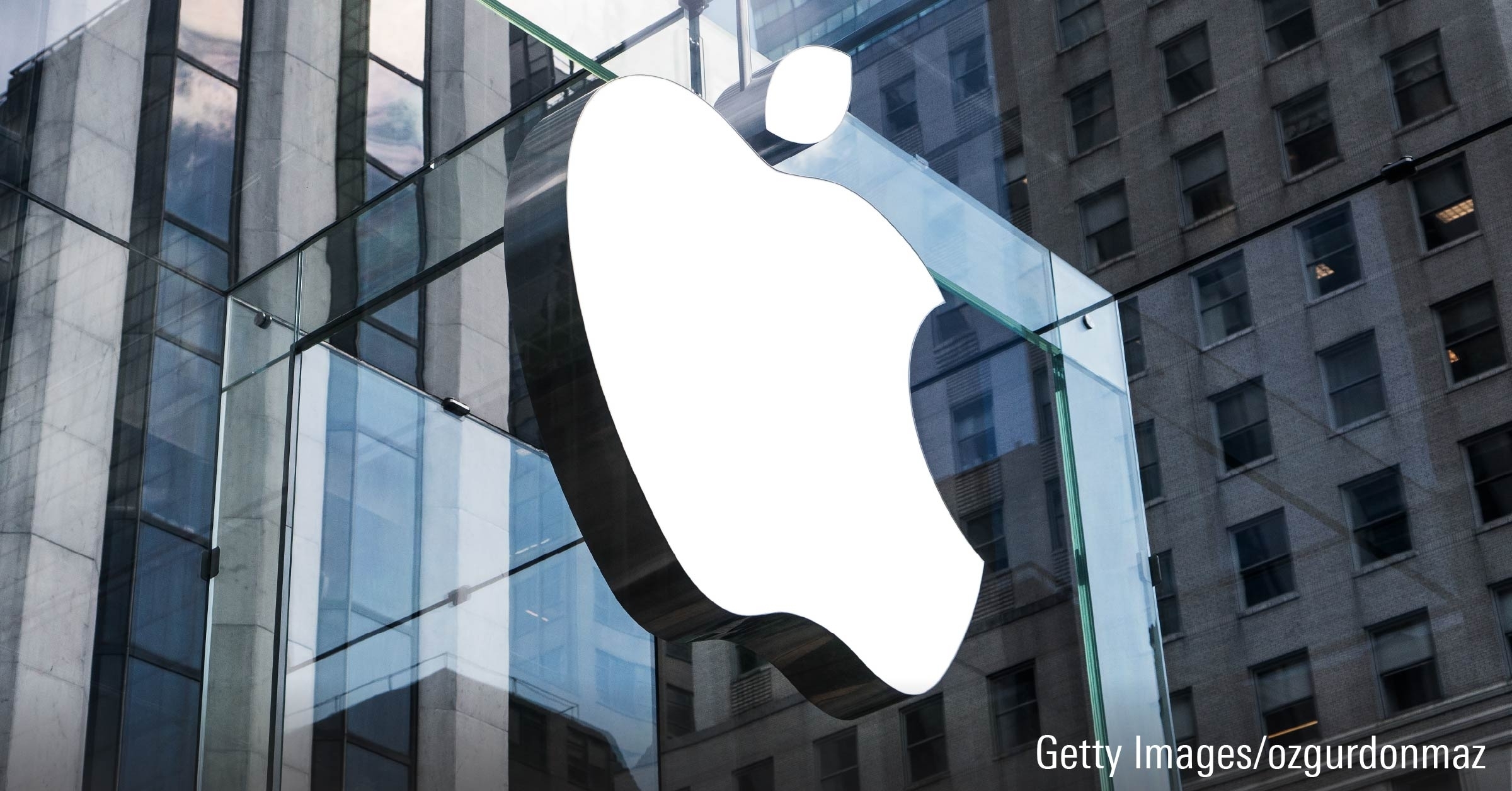Asian stocks ended mixed in 2010, with a range of returns across key regions, signaling that a continent widely regarded as comprising several high-growth economies can experience quite a divergence in underlying performance.
As of Dec. 31, the Japanese Nikkei ended 4% lower year to date, while mainland China's benchmark Shanghai Composite dropped 14%. Indian stocks outperformed most peers with the BSE Sensex adding 17%, following up on a breathtaking 2009 rally, and reaching within striking distance of its all-time high. Meanwhile, Hong Kong's Hang Seng rose 5%, and across the region, Australia's ASX was up 11%.
In Japan, concerns of high debt, a skewed and aging demographic profile, and excess leverage continued to dampen sentiment, and not for the first time in the last two decades. In 2010, the Japanese economy, which has struggled to recover from the early 1990s economic bubble burst, also lost its title as the world's second-largest economy to neighbor China. Stocks were further bogged down by a rising yen advancing to a 15-year high in October.
In China, high economic-growth figures stoked concerns that excessive credit growth, rising inflationary pressures, and the country's spiraling housing prices may be venturing into bubble zone. The central bank hiked interest rates twice and asked banks to rein in lending, particularly to the property sector.
Meanwhile, Indian stocks continued to attract inflows for the second year running, helping several stocks climb to all-time highs. However, as the Sensex continued its rally, many analysts said the rapid price/earnings expansion--the monthly trailing P/E average for November stood at 23 compared with the historical average of 18--on the back of high-growth expectations may now be an indication of caution.
But, overall, emerging-economy stocks generally underperformed developed-market stocks, especially U.S. stocks, with major U.S. benchmarks logging 15%-17% gains for the year, on hopes that the world's largest-economy was slowly but steadily recovering and an easy monetary policy would continue to prevail in the United States and Europe.
Stocks and Sectors
Exporter-driven stocks ended mixed with Sony climbing 9% for the year to date on robust earnings and an improving business outlook. But Panasonic dropped about 14%, as concerns rose that it may have overpaid for its acquisition of Sanyo.
Automakers Toyota and Suzuki fell about 17% and 13%, respectively, with the former suffering widespread criticism in October for component failures leading to accidents, even as the company launched a widespread recall program in the United States and elsewhere.
In China, financials and property stocks were the hardest hit, amid concerns that a lending-led construction boom and rising prices, especially in urban areas, could lead to a bubble burst.
China Construction Bank and Bank of China lost 24% and 23% respectively last year. Developers Poly Real Estate and Gemdale Corporation declined about 26% and 20%, respectively.
In news-driven stocks, China Petroleum & Chemical Company, or Sinopec, dropped 43% in the year amid a spate of fundraising efforts and acquisition news that led to equity-dilution concerns.
Indian stocks rose, with consumer plays rising the most, thanks a booming domestic economy. Tata Motors jumped nearly 70% during the year. But telecom stocks lagged the rally amid concerns of a hyper-competitive market leading to margin erosion.
Oil and petrochemicals behemoth Reliance Industries, controlled by billionaire Mukesh Ambani, also remained muted. The stock was off 3% year to date, following concerns over lower margins and as a high-profile case with brother Anil Ambani's Reliance Natural Resources over the pricing of gas--which concluded in May in the former's favor--remained an overhang.
Meanwhile the Australian index closed lower, despite gains in mining giants BHP Billiton and Rio Tinto on higher commodity prices. The miners added about 5% and 14%, respectively, in 2010.
For Chinese Summary, please click here.
Nazim Khan is an Assistant Site Editor for Morningstar.com based in Mumbai, India. And this is an edited version by Editorial & Research Team, Morningstar Asia.






.png)










